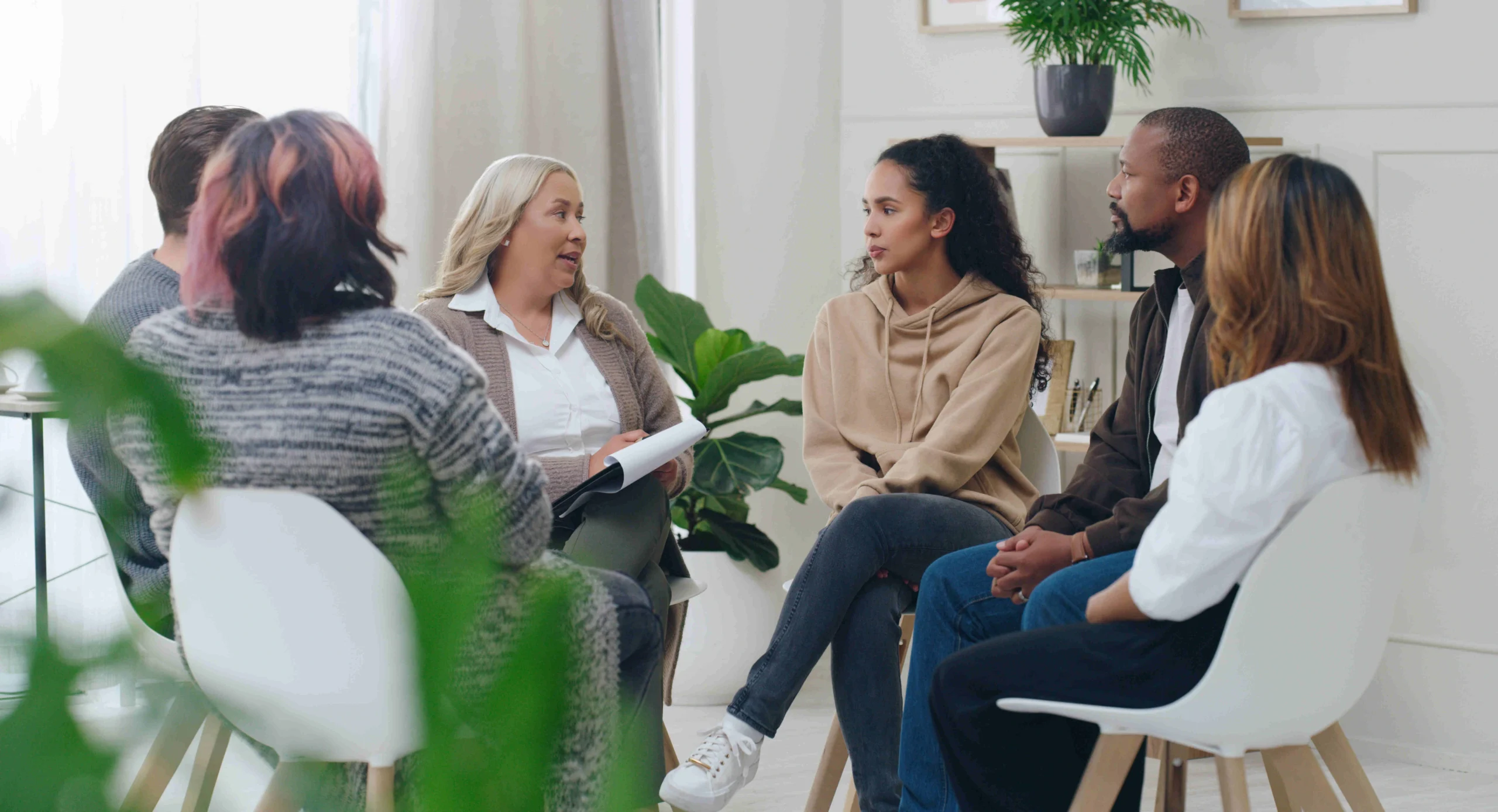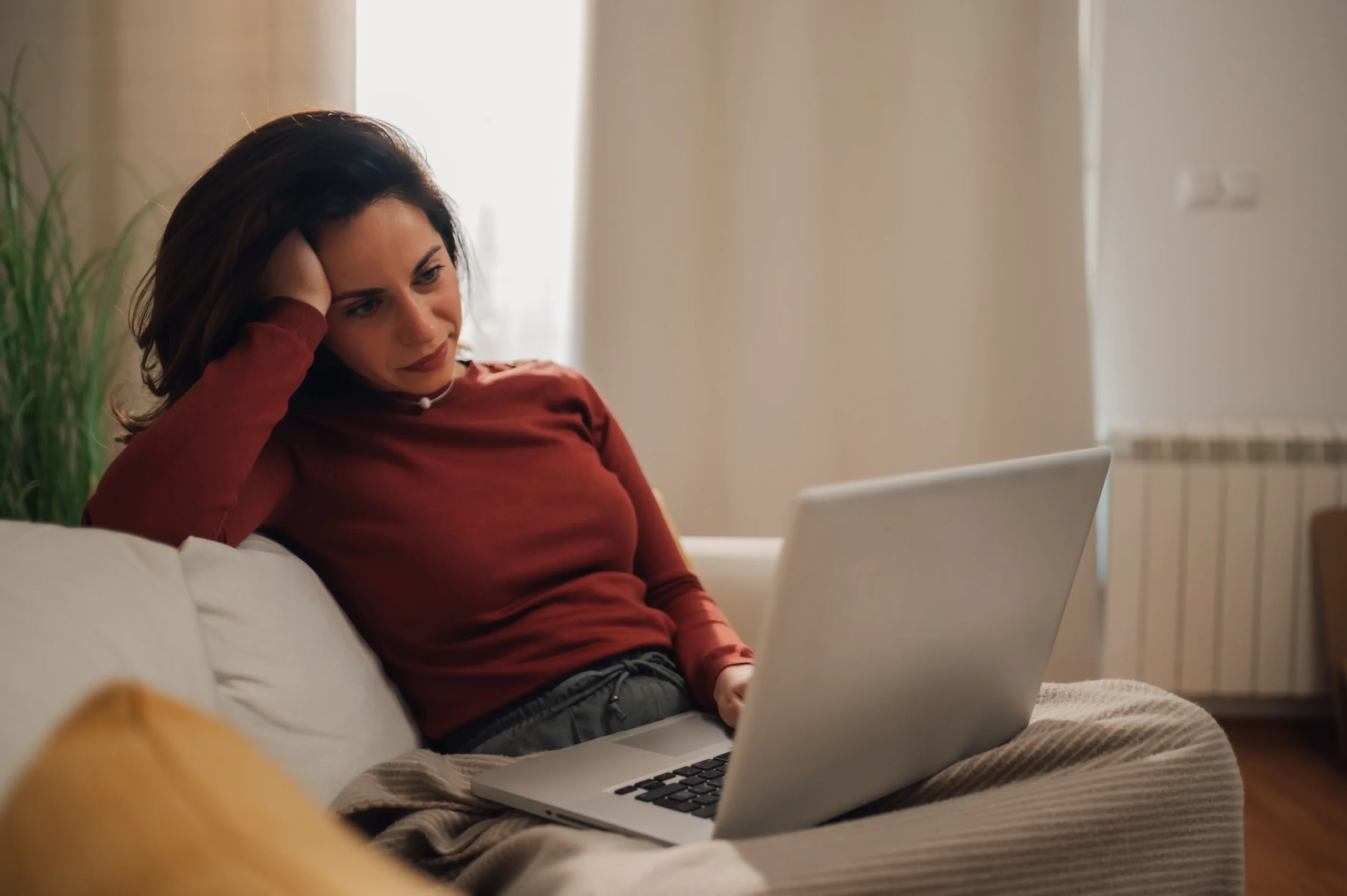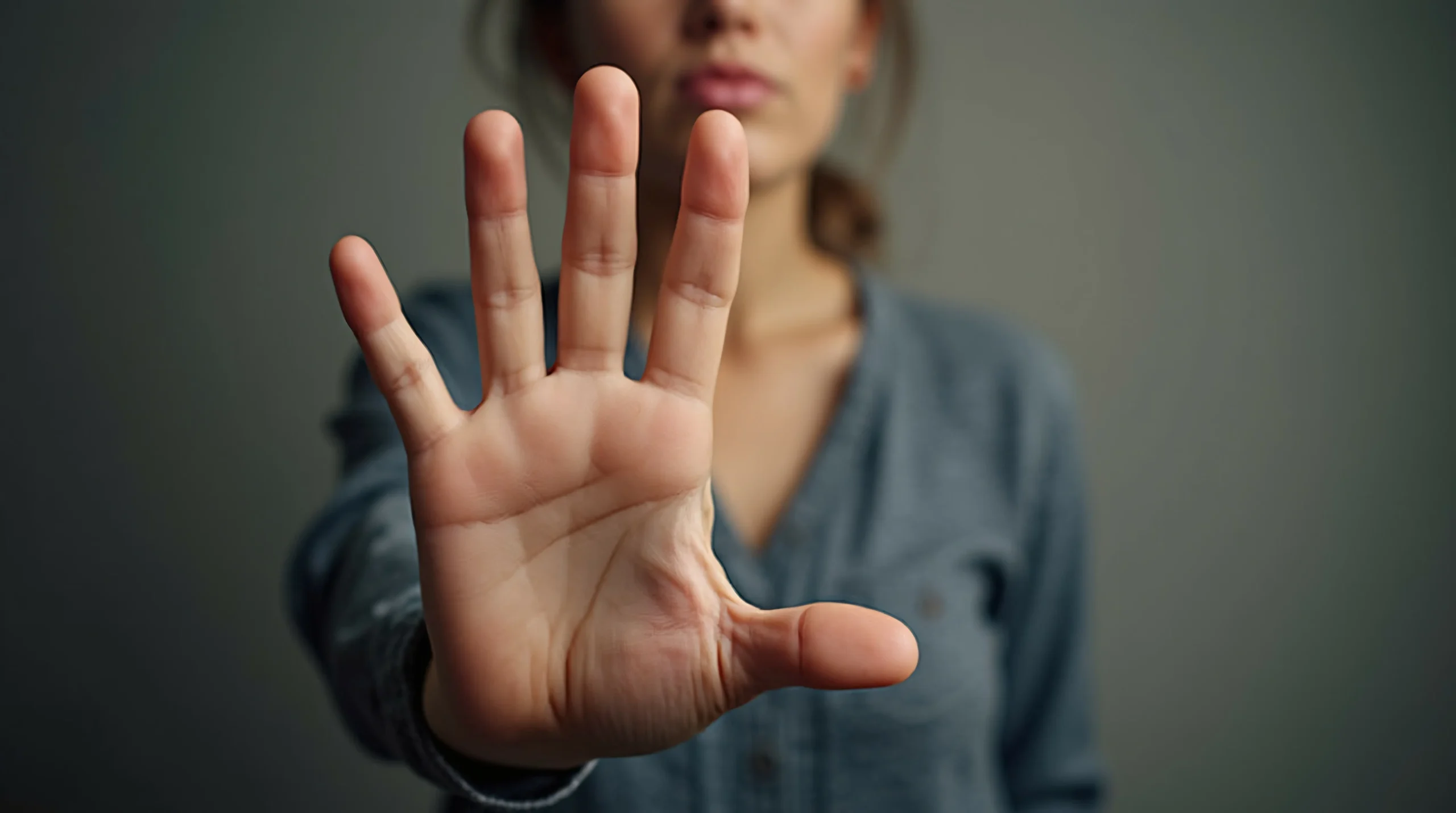Table of Contents
The Digital Mirror: How Social Media Warps Self-Perception
In today’s world, the first thing many of us do when we wake up is scroll through our phones. Instagram, TikTok, YouTube—they’re all filled with influencers flaunting sculpted bodies, perfectly curated meals, and flawless selfies. But what we often forget is that what we see online isn’t reality—it’s a filtered version of it. Social media has become a digital mirror that reflects not who we really are, but who we think we should be. And that distorted reflection can have serious consequences, especially when it comes to body image and eating disorders.
Filters and editing apps make it easy to change everything from skin tone to waist size in seconds. The problem is, when these edited photos dominate our feed, they become the “norm.” We begin comparing our very real bodies to digital illusions—and unsurprisingly, we fall short. This creates a dangerous cycle of self-criticism and low self-worth. Numerous studies have linked heavy social media use with negative body image, particularly in adolescents and young adults. One study published in JAMA Pediatrics found that teens who spent more time on image-based platforms were significantly more likely to engage in disordered eating behaviors. This isn’t just about vanity. This is about mental health, self-esteem, and how we see ourselves every day in the mirror.
From Comparison to Obsession: The Downward Spiral
Scrolling through a few “what I eat in a day” videos might seem harmless at first. Maybe it even feels motivating. But for someone struggling with body image issues, this content can quickly turn toxic. These videos often present unrealistic and overly restrictive diets masked as “healthy lifestyles.” They glorify minimal eating, promote diet culture, and feed the idea that being thin equals being worthy. And the more we see this kind of content, the more we internalize it.
This obsession with body image is not just about wanting to look good in photos—it’s about control, validation, and anxiety. Many individuals report feeling increased pressure to conform to online beauty standards, especially when they see peers getting more likes and comments for “ideal” bodies. Over time, this pressure can trigger eating disorders like anorexia nervosa, bulimia, or binge eating disorder. These are serious mental health conditions, not lifestyle choices. According to the National Eating Disorders Association (NEDA), eating disorders have the second highest mortality rate of all mental health disorders, second only to opioid addiction.
Let’s not forget the emotional toll. Imagine waking up every day and feeling inadequate because you don’t have abs like that fitness influencer or legs like that model. For some, it becomes a relentless pursuit of perfection—tracking every calorie, skipping meals, obsessively exercising, and hiding their struggles from family and friends. These behaviors are often validated, even celebrated, online—making it harder for people to recognize they need help. And what’s worse? Algorithms are designed to show us more of the same. If you engage with a few diet-related posts, suddenly your entire feed becomes a storm of weight loss tips, transformation photos, and low-calorie recipes. It becomes nearly impossible to escape the noise.
Reclaiming a Healthy Self-Image: Detoxing Your Feed and Mind
The good news is, we don’t have to be passive victims of toxic content. We have the power to reclaim control over our digital spaces and our self-image. One of the most effective ways to start is by curating your feed with body-positive and mental health-focused accounts. Unfollow anyone who makes you feel less than enough. Instead, follow creators who celebrate body diversity, talk openly about mental health, and promote self-acceptance. You’d be surprised how healing it can be to see real bodies, with cellulite, stretch marks, and all.
Take for example @i_weigh, a movement started by actress Jameela Jamil. It encourages people to define their worth beyond appearance—highlighting talents, achievements, kindness, and more. There are also countless influencers and therapists online who share recovery stories, bust myths about body image, and encourage healthier relationships with food. Seeing these stories reminds us that we’re not alone, and that healing is possible.
Offline, it’s just as important to engage in activities that build real self-confidence. Exercise for joy, not punishment. Cook meals that nourish your body and soul. Spend time with people who love you for who you are, not what you look like. Therapy—especially with professionals trained in eating disorders and body image—can be life-changing. And if you’re a parent, friend, or teacher, keep an open conversation. Ask how your loved ones are feeling about their bodies. Notice changes in behavior, and approach the topic with empathy, not judgment.
You Are More Than a Filter: A Human Message of Hope
We live in a world that constantly tells us we’re not enough. Not skinny enough, not pretty enough, not filtered enough. But the truth is—you are enough, exactly as you are. Your worth is not defined by numbers on a scale or likes on a post. Your body is not a problem to be fixed—it’s a vessel that carries your unique spirit through life. And that is something no filter can enhance.
Let’s start treating social media like a tool, not a trap. Let’s hold platforms accountable, challenge diet culture, and support each other in building more compassionate, inclusive spaces—online and offline. Let’s talk openly about mental health, eating disorders, and the real impact of these seemingly harmless apps. Awareness is the first step toward change.
If you’re struggling, please know that help is available. You are not alone. Reach out to a therapist, talk to a trusted friend, or call a helpline. Recovery isn’t easy, but it is always worth it. You deserve to live a life free from the grip of shame and comparison.
You are real. You are worthy. And you are so much more than what any screen could ever show.










